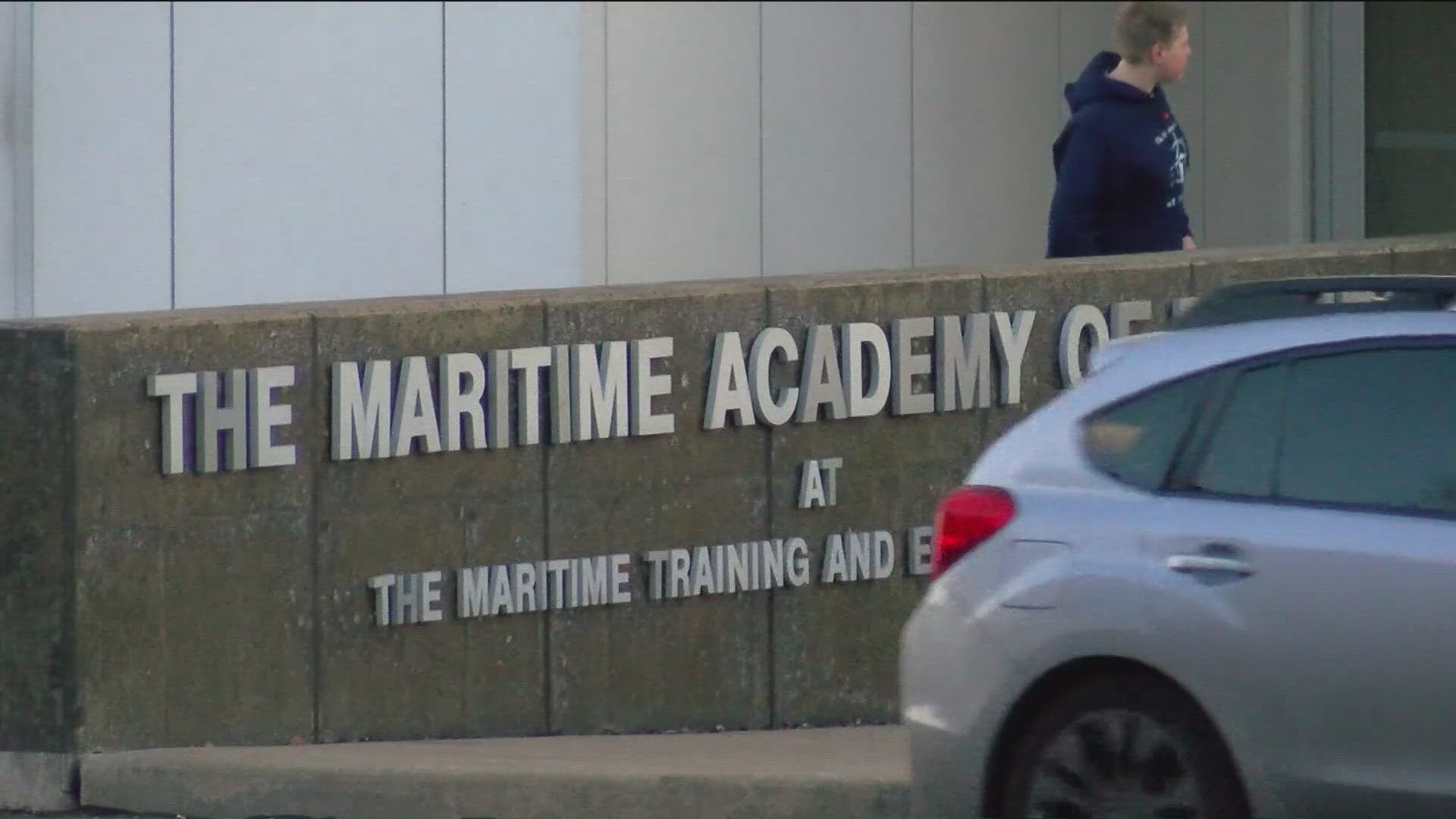TOLEDO, Ohio — A local charter school may be facing permanent closure if not given more time to meet state requirements in an upcoming review according to Maritime Academy of Toledo superintendent Aaron Lusk.
It's a struggle the downtown Toledo school has been facing for years.
"I believe in accountability, and I believe in the report cards," said Lusk.
The Maritime Academy of Toledo has operated as a public charter school since 2006.
However, Lusk says that could all be coming to an end as they're facing a threat of automatic closure in the school's next yearly review.
"We need more time because of the specific nature of our school. Community schools are supposed to be innovative. They're supposed to be different than public schools. But we're held to the same measure, but also held to an automatic closure law," said Lusk.
Following the pandemic, charter schools were given a three year grace period from the influence of state report cards from 2019 to 2022 according to the Ohio Board of Education.
Now, that grace period is over, making charter schools accountable to Ohio's automatic closure law. That law requires that schools rated in Academic Emergency for at least two out of the previous three years be closed permanently.
Lusk said for the last two school years, the maritime academy has received that rating.
After three times, the school would be shut down. He said it's not fair given the Maritime's circumstances.
"On the gap closing measure on the report card, right now it's based on about 40 students, because it only measures the students that are here two years or longer," said Lusk.
Lusk said students at the school come from all kinds of different backgrounds, many having not been to school in a few years or not speaking English at all.
According to Lily Kilpatrick-Zelina, a teacher at the school, some students' unpredictable academic backgrounds can affect the report cards negatively.
"It breaks my heart because the state doesn't get to be in here. They don't get to interact with our kids. Some of our kids come from really rough home lives," said Kilpatrick-Zelina.
Both Zelina and Lusk say what the report card doesn't show is the amount of improvement brought to kids' lives as a result of attending the school.
"It's just there are a lot of variables in it that creates a situation where the report card doesn't tell the whole story," Lusk said.
While the students aren't necessarily going to get all As, Zelina and Lusk say they've seen countless students start at the very bottom, but take their first steps on a better path.
MORE FROM WTOL 11:

